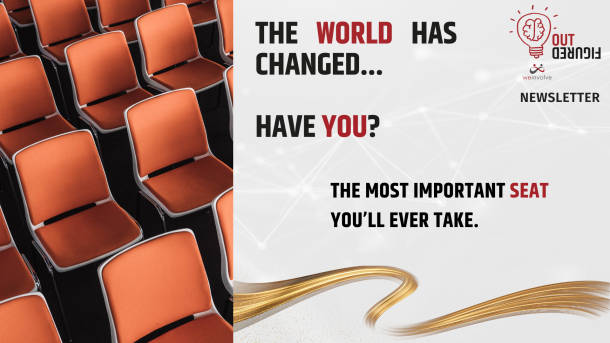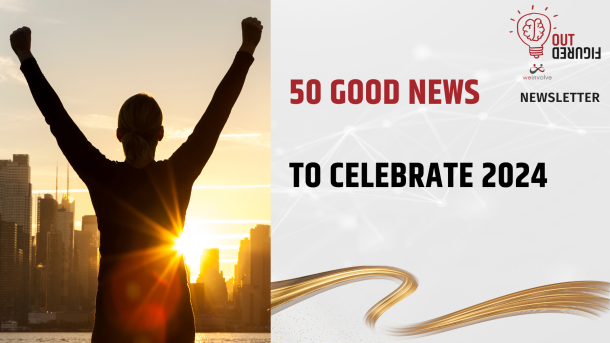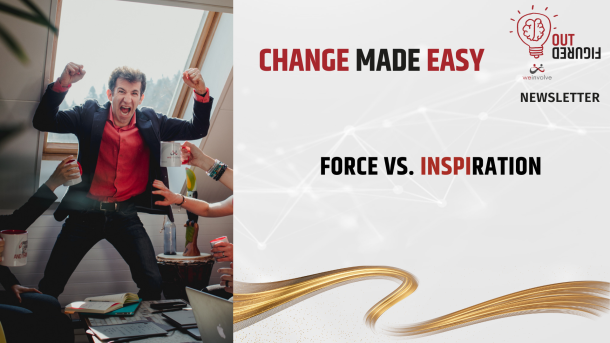THE ROAD TO HUMAN VALLEY
On 10 November, 2020, human valley 1.0 was officially born with the signing of contracts. It’s been a longer road than anticipated due to COVID-19 restrictions, so we decided to share some of the highlights and learnings along the way.
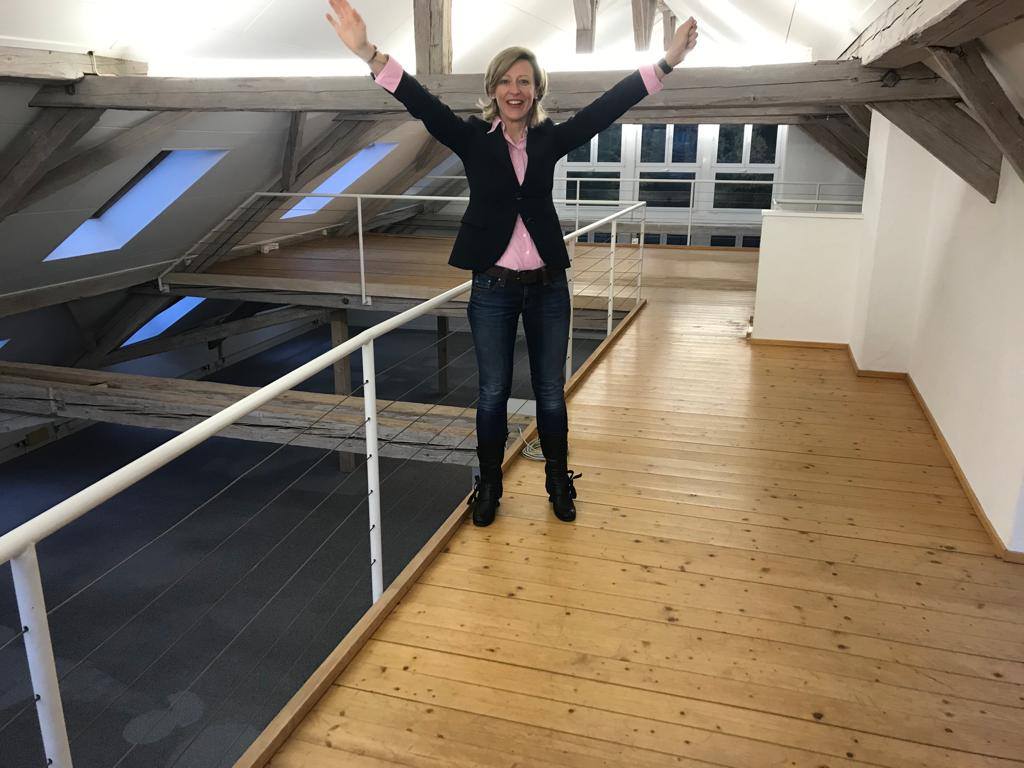
SUPPORTING THE CIRCULAR ECONOMY
As you know, from the beginning, Wioletta and Christophe were committed to supporting the circular economy while building Human Valley. They wanted the space to be true to weinvolve’s values of sustainability and environmentalism.
That meant a lot of running around to collect furniture.
Supporting the circular economy, it turned out, wasn’t without its challenges.
“We had a delivery of 54 chairs.” Wioletta says, “We had paid extra for the delivery, and the guy was happy to deliver, then when he arrived, he told us, ‘There are spots you can easily clean.’ That concerned me because the advert had said, ‘Like new, no marks.'”
Suddenly, I was getting negative stress in my mind and body wondering, “What am I going to do?” After an initial quandary, Wioletta and Christophe decided to accept the delivery, negotiating a discount, and clean up the chairs.
“So together we unloaded them and carried them up to the third floor,” Wioletta explains. “He gave us a discount because of the marks, we paid him and he left.”
But when they counted the chairs, they discovered ten missing.
“This kind of experience damages not just the seller, but the circular economy in general,” Wioletta says, “because if it’s going to work, people have to be able to trust each other. We have to be able to trust the wording in the advert, trust in each other to deliver what we promised, not something different.”
It was a bad experience, but not one that would stop weinvolve supporting the circular economy.
- Negative experiences are shared 10 times more than positive ones.
- Collect the negative stories of the bad things that are happening to your clients, to help you design positive experiences.
- Understand it’s very difficult to recover clients after a negative experience, not only for the company that caused the problem, but for all companies working in the same space.
THE STORY OF THE SOFAS
Some interesting attitudes and assumptions surrounding the circular economy arose during the building of Human Valley. Circular economics says that reusing is better for the environment than overproduction and excessive waste.
“On first glance,” Wioletta says, “it might appear to be a cheaper option for the buyer, too. After all, some of the furniture we recycled was donated to us free. But I did some calculations, and taking into account the time, mileage and the cost of renting vehicles to go and collect all the furniture, it actually cost us a little more than buying new furniture would have been.”
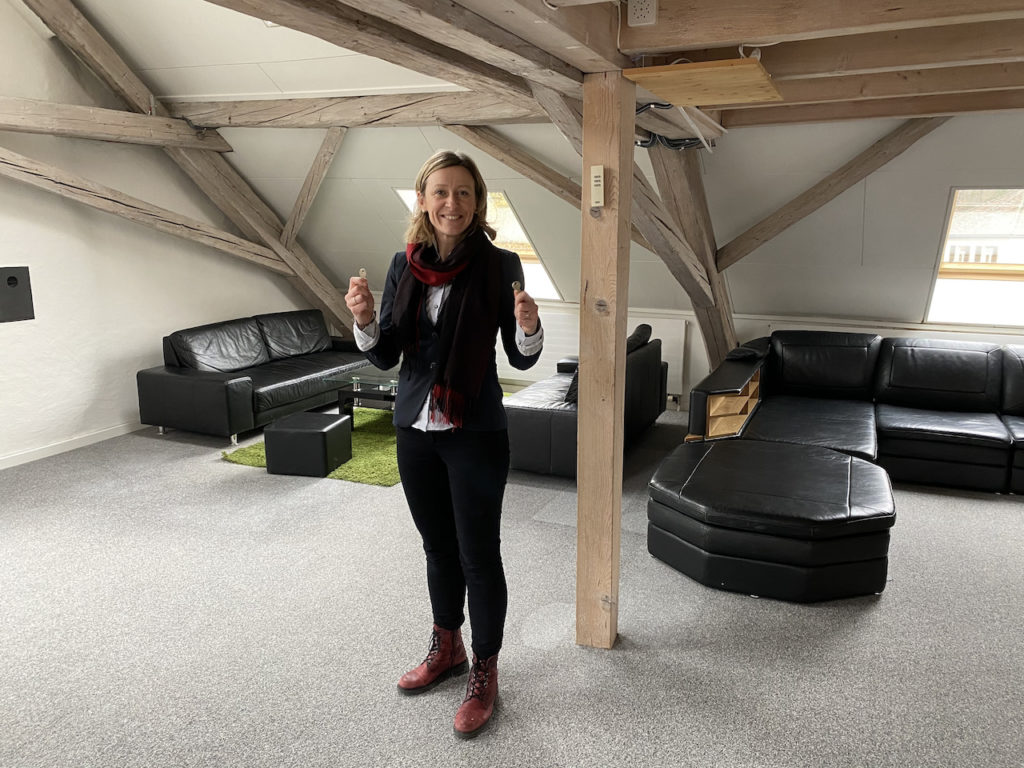
In November, Wioletta and Christophe collected two sofas on one day. “They were both being given away for free … to avoid paying the removal fees,” Wioletta explains.
But the attitudes of the two donors couldn’t have been further apart. “While we were collecting the red sofa, the man giving it away was asking us what we were going to do with [it]. … I asked him if he would help us take the sofa down the stairs.
He said. ‘No, because I am giving you that sofa for free. There is no chance I am going to have a hand in taking that sofa downstairs.'”Apparently, the man had unsuccessfully tried to sell the sofa, and resented giving it away.
“He was anxious that no one should profit from something he had been unable to sell,” Wioletta says, “and unwilling to participate in the removal, even though it was saving him money.”
In contrast, the man giving the black sofa away helped Christophe load it, and the exchange was quick, simple, and friendly.
- It takes two to co-create for a better world.
- If we want to change anything, it’s not about giving things away free or about the money, it’s about the willingness to recycle things, and co- creating that culture together.
- Before you throw anything away, look for people who might want to take it, and think in terms of value exchange, even when you are giving something away for free.
SMART BOARD HEADACHES
One of the things that couldn’t be purchased through the circular economy, though, turned out to be the biggest challenge of them all.
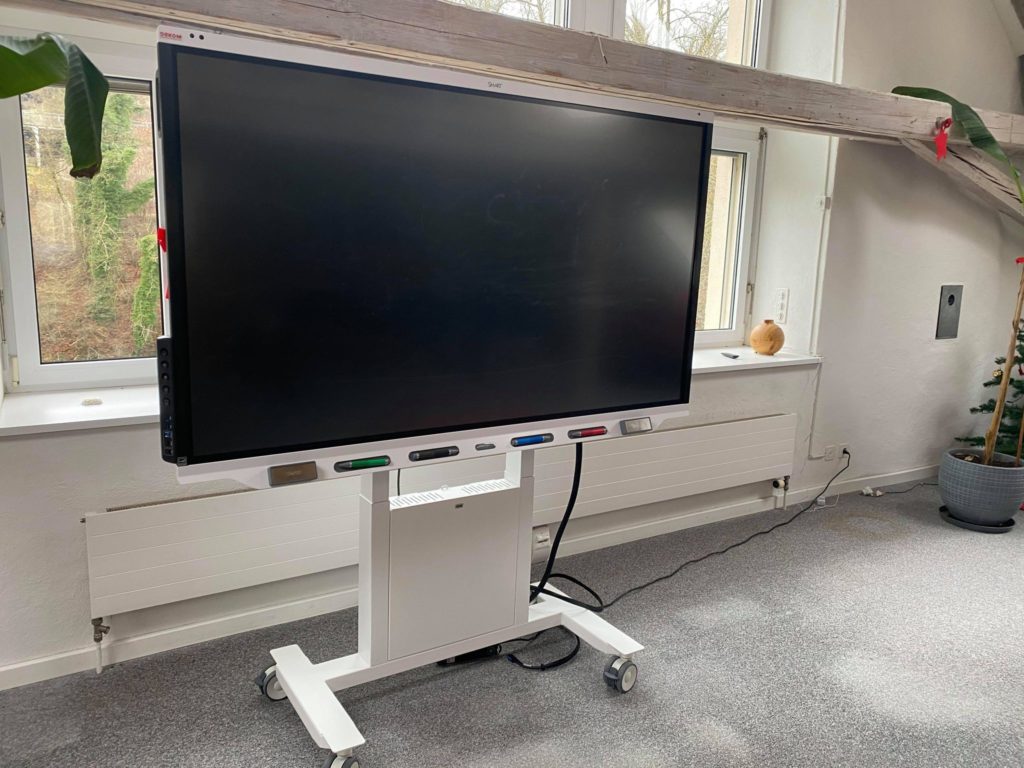
“[We wanted] a digital whiteboard for a global design thinking process in teams online, which is a complex process.” Wioletta says. “I found one, but we couldn’t just buy it.” The board, it turned out, was only available through resellers. So Wioletta arranged a meeting for a sales rep to demo the board.
“Before the meeting, I was super excited.,” she says, “After the meeting, I was confused. I was not sure about buying the board, even though it’s the most innovative one. I was totally lost in the process.”
But it wasn’t the complexity of using the board that was causing the problem, it was the confusion about the sales process, potential delivery times, and other peripheral issues.
“People don’t buy the product, they buy the experience, the people,” Wioletta says, “That’s an example of a poor buyer experience.”
This was in stark contrast to the buying experience Wioletta had with her beloved Thermomix, an equally high-tech gadget that transformed her cooking experience.
“The lady came into our house, showed us all the tools, cooked for us and that was really powerful.”
- A negative sales experience can sour even the most amazing product or service.
- When designing products and services, focus on designing the entire experience, from the first time your client hears about you through to when they stop using your product.
TAKE AWAY AND VALUE
Those 3 stories illustrate the road to bringing the Human Valley up and running. Although one of weinvolve’s pillar is to support and build businesses for the planet, the road is not always nice and quiet. It takes vision, it takes will, it takes courage, it takes grit.
And those are also key skills to build a successful and resilient business, as “easy” is not day-to-day reality. But the rewards from those additional efforts cannot be described and knowing confidently that it’s the only way forward makes it possible.
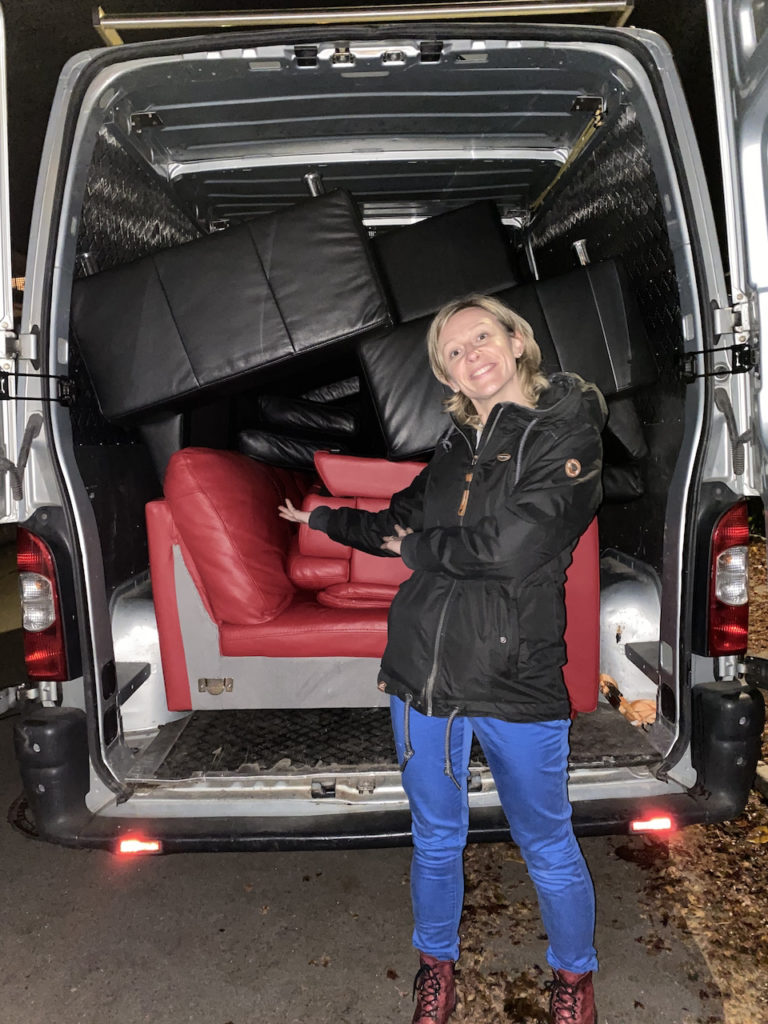
To conclude on a quote of Wioletta:
“We believe in the culture and the mindset of recycling and giving something a second life, rather than always buying new.
For us, it is worth the extra effort to support the circular economy because we are co-creating that culture in Human Valley”
